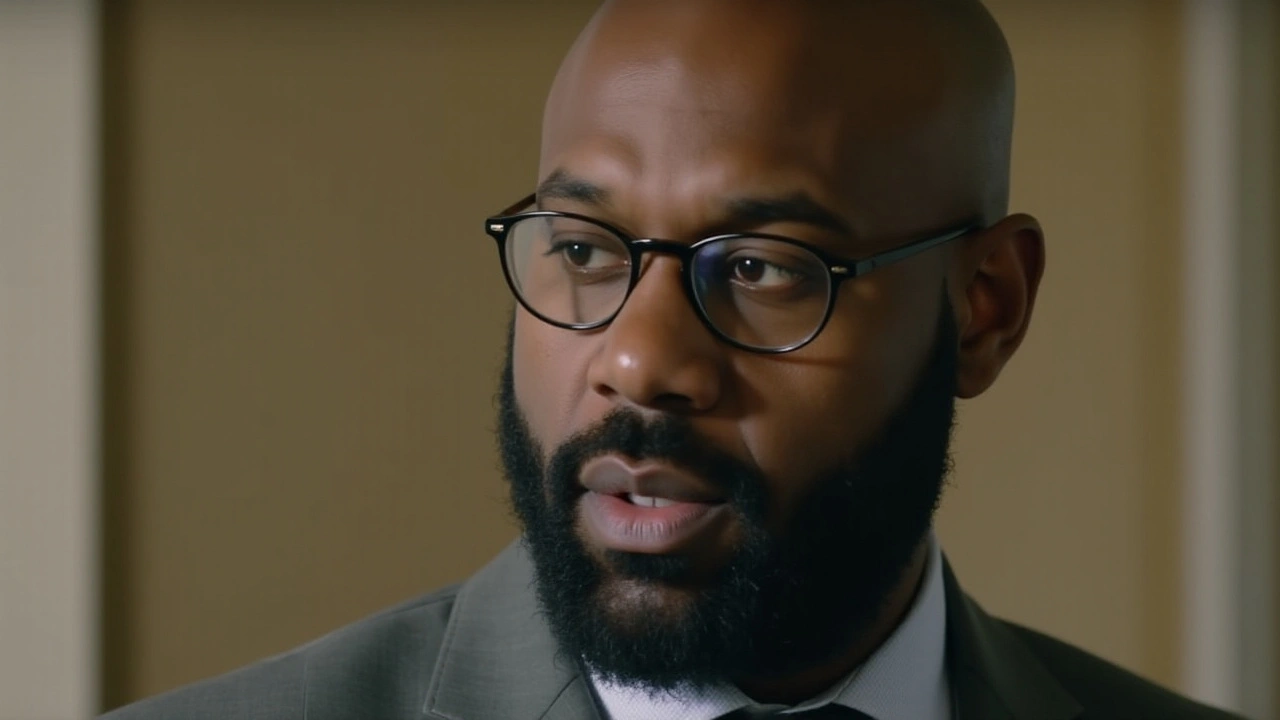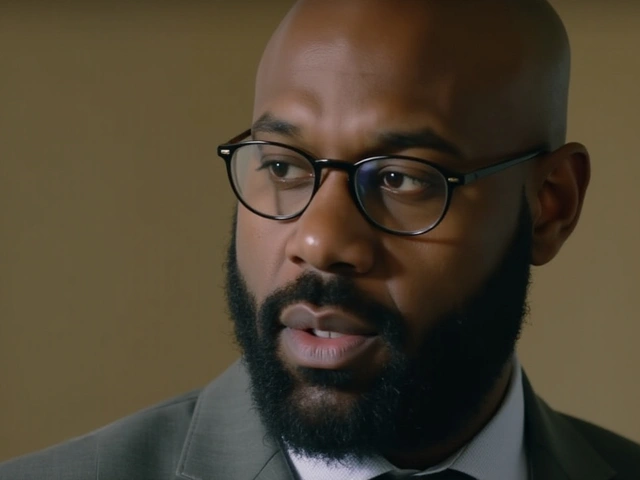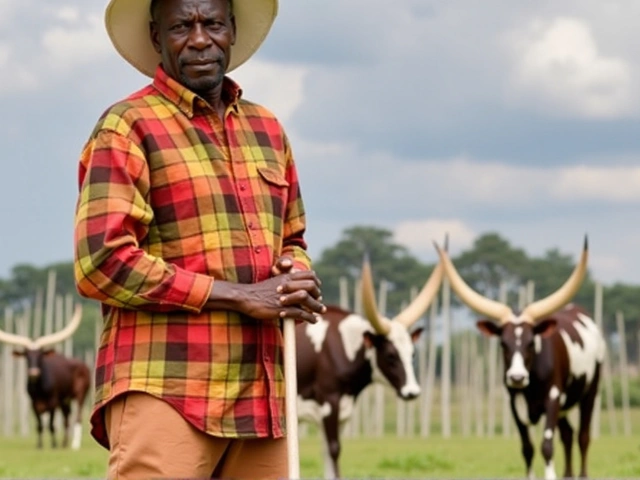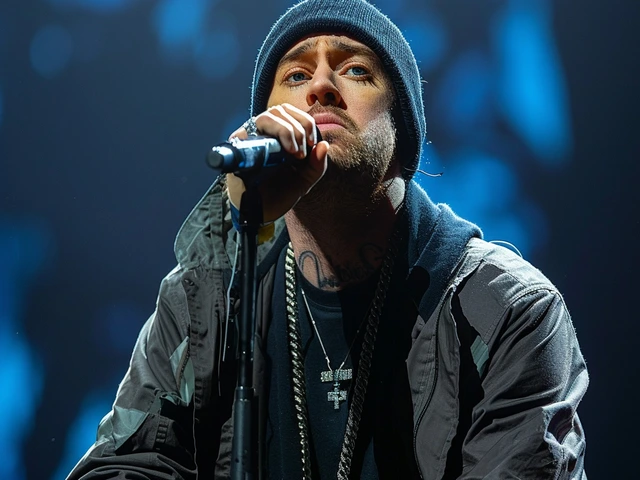
Missouri Executes Marcellus Williams Amidst Controversy Over Conviction
Missouri Executes Marcellus Williams Amidst Controversy Over Conviction
In a case fraught with legal and ethical complexities, Marcellus Williams, a 55-year-old death row inmate, was executed by lethal injection on Tuesday evening in Missouri. The execution persisted despite fervent calls from the prosecutor's office and the victim's family to reconsider his murder conviction. Williams had been found guilty in 2001 for the murder of Felicia Gayle, a former journalist who was brutally stabbed in her home in 1998. Throughout his nearly 24 years in prison, Williams consistently asserted his innocence.
The Missouri Supreme Court and Governor Mike Parson both declined to intervene prior to the execution. The court unanimously decided that the evidence presented by the prosecution did not sufficiently demonstrate Williams’ actual innocence or reveal any constitutional errors from the original trial that could undermine the guilty verdict. Governor Parson commented that Williams had exhausted all legal routes, including over 15 hearings that aimed to establish his innocence and overturn his conviction.
Prosecutor's Plea for Reconsideration
St. Louis County Prosecuting Attorney Wesley Bell, who is also a Democrat running for Congress, joined forces with Williams’ defense team in their efforts to have the conviction annulled. Bell cited new DNA testing on the murder weapon, which could potentially exonerate Williams. However, issues surfaced with the DNA evidence due to alleged mishandling, casting doubt on its reliability.
Additionally, Williams' legal team appealed to the US Supreme Court, seeking a stay of execution. They focused on allegations of racial bias during the jury selection process, bringing forward concerns that had been acknowledged by the original trial prosecutor. The prosecutor admitted to removing a potential Black juror, but the Missouri Attorney General's Office maintained that this action was not racially motivated.
Potential Miscarriage of Justice
The Williams case has resurfaced urgent concerns about the potential for executing an innocent individual, a critical issue often associated with capital punishment. The Death Penalty Information Center notes that since 1973, over 200 death row inmates have been exonerated nationwide, including four from Missouri. These figures underscore the possibility that flaws in the criminal justice system can lead to wrongful executions.
An intriguing turn of events occurred when an agreement was reached between Bell’s office and Williams that would allow him to enter an Alford plea—where he would assert innocence while acknowledging the state’s evidence—and be resentenced to life imprisonment. Unfortunately, this agreement was blocked by the state Attorney General’s office. Williams' attorneys fervently argued that proceeding with the execution without further scrutiny would compromise the integrity of the criminal justice system.
Response and Reactions
The execution of Marcellus Williams has sparked a vigorous reaction from both supporters of the death penalty and its opponents. Advocates for justice reform argue that Williams' case epitomizes the systemic issues within capital punishment. The fact that Williams had maintained his innocence, coupled with the new DNA evidence and the compromised integrity of the initial trial, has led many to question whether the execution was a grave miscarriage of justice.
Moreover, the involvement of individuals like Wesley Bell, who stand to lose politically, highlights the deep ethical dilemmas at play. Bell's decision to oppose the execution, despite his Congressional aspirations, speaks volumes about the perceived injustice in Williams' case. The victim’s family siding with the call for a reexamination of the conviction only further complicates the narrative, adding layers of complexity to what many see as a broken system.
Historical Context
Historically, the American legal system has grappled with the implications of executing potentially innocent individuals. The principle of 'innocent until proven guilty', a cornerstone of the justice system, faces severe challenges when new evidence comes to light after a conviction. Williams’ case is a stark reminder of the potential fallibility of the legal process, particularly in capital cases. The execution of potentially innocent people is an irreversible action that poses significant moral and ethical questions for society as a whole.
The Path Forward
The case of Marcellus Williams underscores the need for continuous reexamination of existing legal frameworks governing capital punishment. It raises important questions about the reliability of forensic evidence, the potential for racial bias in jury selections, and the overarching potential for errors within the judicial process. Legal scholars, activists, and policymakers alike are urged to consider reforms that could help prevent future miscarriages of justice.
Ultimately, the execution has reignited the debate over the role of capital punishment in modern society. With increasing scrutiny over its application, particularly when new evidence challenges past convictions, the Williams case serves as a catalyst for ongoing discussions about the future of the death penalty in America.
Conclusion
The execution of Marcellus Williams, despite significant evidence and advocacy suggesting his potential innocence, highlights deep flaws within the justice system. It pushes to the forefront critical discussions around the ethical implications of capital punishment and the urgent need for reform. As society continues to evolve, so too must the frameworks that govern justice, ensuring they uphold the fundamental principles upon which they were built.






